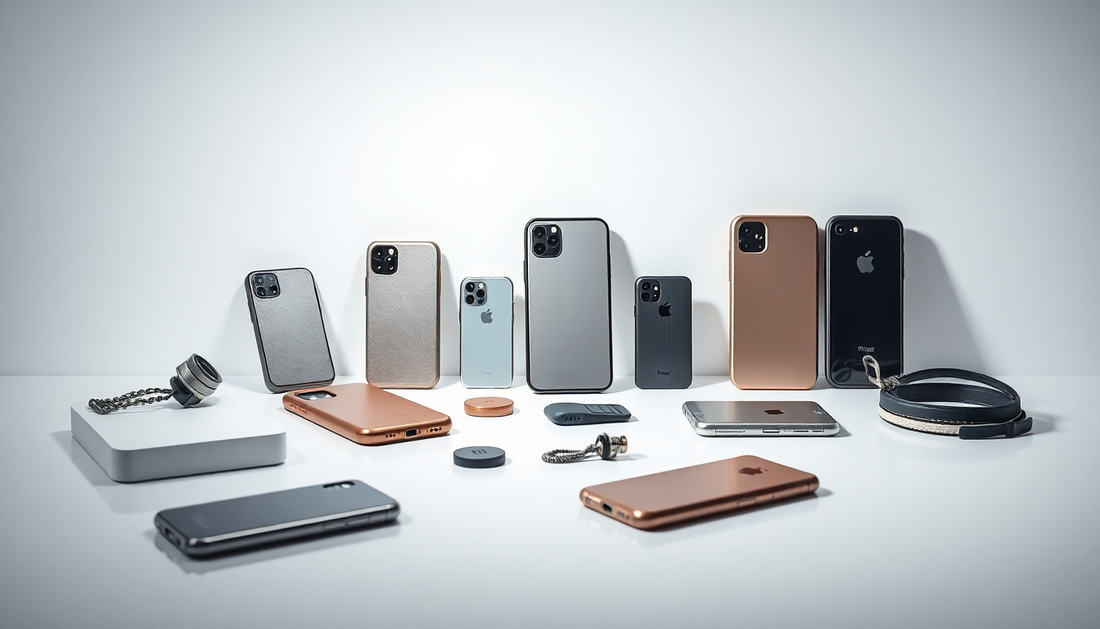
Unlocking the Power of Smartphone Processors: A Deep Dive into System Performance
In the ever-evolving world of smartphones, the heart of the device lies in its processor. The processor, or chipset, is responsible for powering the various functions and features that we have come to expect from our mobile devices. As technology continues to advance, the importance of understanding the intricacies of smartphone processors and their impact on system performance has become increasingly crucial.
In this comprehensive blog post, we will delve into the world of smartphone processors, exploring the key factors that contribute to overall system performance. From processor speed and chipset architecture to thermal management and benchmarking, we will uncover the insights that will help you make informed decisions when it comes to choosing the right smartphone for your needs.
The Importance of Processor Speed
The processor speed, often measured in gigahertz (GHz), is a crucial factor in determining the overall responsiveness and snappiness of a smartphone. A faster processor can handle more tasks simultaneously, resulting in a smoother and more efficient user experience. However, processor speed is not the only factor that contributes to system performance.
Understanding Chipset Architecture
Alongside processor speed, the chipset architecture plays a significant role in determining the capabilities of a smartphone. Chipsets are designed with various components, such as the central processing unit (CPU), graphics processing unit (GPU), and other specialized co-processors. The way these components are integrated and optimized can have a significant impact on the device's performance.
For example, some chipsets may prioritize multi-core processing for improved multitasking, while others may focus on single-core performance for specific tasks like gaming or media consumption. Understanding the strengths and weaknesses of different chipset architectures can help you make an informed decision when selecting a smartphone.
The Role of RAM in System Performance
Random Access Memory (RAM) is another crucial component that can greatly influence the performance of a smartphone. The amount of RAM available, as well as its speed and efficiency, can determine how well the device can handle multiple applications, large files, and complex tasks.
Smartphones with higher RAM capacities and faster memory speeds can provide a more seamless and responsive user experience, especially when dealing with resource-intensive activities like gaming, video editing, or multitasking.
Thermal Management: Keeping Your Smartphone Cool
As smartphones become more powerful, they also generate more heat, which can lead to performance throttling or even device shutdowns. Effective thermal management is essential to ensure that your smartphone can maintain its peak performance without overheating.
Manufacturers employ various strategies to mitigate thermal issues, such as using advanced cooling solutions, optimizing software algorithms, and implementing power-saving modes. Understanding how a smartphone's thermal management system works can help you make informed decisions about its long-term performance and reliability.
Benchmarking: Measuring Performance
Benchmarking is a valuable tool for evaluating the performance of a smartphone. By running standardized tests and comparing the results across different devices, you can gain a better understanding of the relative strengths and weaknesses of a particular smartphone's processor, chipset, and overall system performance.
Popular benchmarking tools, such as Geekbench, AnTuTu, and 3DMark, provide comprehensive insights into various aspects of a smartphone's performance, including CPU, GPU, and memory performance. By analyzing these benchmark results, you can make more informed decisions when choosing a smartphone that best suits your needs.
Conclusion
In the ever-evolving world of smartphone technology, understanding the intricacies of processor performance and its impact on system performance is crucial. By delving into the factors that contribute to a smartphone's overall performance, such as processor speed, chipset architecture, RAM, thermal management, and benchmarking, you can make more informed decisions when selecting the right device for your needs.
Whether you're a tech enthusiast, a power user, or simply someone looking to upgrade their smartphone, this comprehensive guide will equip you with the knowledge and insights you need to navigate the complex landscape of smartphone processors and system performance. Unlock the true potential of your mobile device and experience the seamless, responsive, and efficient performance that modern smartphones have to offer.
Frequently Asked Questions
What is the difference between a CPU and a chipset?
The CPU (Central Processing Unit) is the main processor that handles the majority of a smartphone's computational tasks. The chipset, on the other hand, is a collection of integrated circuits that includes the CPU, as well as other components like the GPU, memory controller, and various connectivity modules. The chipset is responsible for managing the communication and coordination between the different components of the smartphone.
How do I know if a smartphone has good thermal management?
Look for features like vapor chamber cooling, graphene heat spreaders, or advanced thermal paste solutions. Additionally, check for reviews and benchmarks that specifically mention the smartphone's thermal performance under heavy load. Devices with effective thermal management will be able to maintain high performance levels without significant throttling or overheating issues.
What is the best way to compare smartphone performance?
Utilizing standardized benchmarking tools like Geekbench, AnTuTu, and 3DMark is the most reliable way to compare the performance of different smartphones. These benchmarks provide comprehensive results that allow you to assess the relative strengths and weaknesses of a device's processor, GPU, and overall system performance. By comparing benchmark scores across multiple devices, you can make a more informed decision about which smartphone best suits your needs.
How much RAM do I need for a good smartphone experience?
The amount of RAM required for a good smartphone experience can vary depending on your usage patterns and the type of tasks you perform. As a general guideline, we recommend a minimum of 4GB of RAM for most users, with 6GB or more being ideal for power users, heavy multitaskers, or those who frequently use resource-intensive applications. Keep in mind that the optimal RAM capacity may also depend on the specific chipset and software optimizations used by the smartphone manufacturer.
Can a smartphone's performance be improved over time?
Yes, in some cases, a smartphone's performance can be improved over time through software updates and optimizations. Manufacturers may release firmware updates that address performance-related issues, improve power management, or introduce new features that enhance the overall system efficiency. Additionally, third-party software modifications, such as custom ROMs or kernel tweaks, can sometimes provide performance boosts, although these methods may require more technical expertise. However, the extent of performance improvements that can be achieved through software updates is often limited by the underlying hardware capabilities of the smartphone.



























